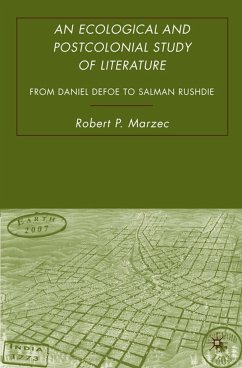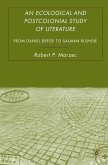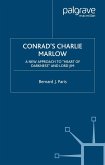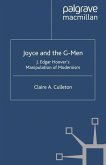This book argues that humanity's relationship to the land has undergone a fundamental and calamitous change. Marzec reveals how the historical phenomenon known as the 'enclosure movement' has effected not only the ecosystems and the geopolitics of the Twenty-First century, but on how we relate to the earth and conceive of ourselves as human.
"Marzec convincingly demonstrates that the impact of this history of the enclosure movement on British (and Western) humanity's ontological comportment toward the land and its understanding of inhabitancy was epochal in significance. This book should be considered in the top five most important studies on postcolonialism after Edward Said's Orientalism." - William V. Spanos, Binghamton University
"Theoretically sophisticated and historically sensitive, Marzec's study offers a rich geneological analysis of the postcolonial novel, and accounts for the ways in which this genre works across the asymmetries of the colonizer-colonized divide. A welcome addition to our postcolonial understanding of the ongoing complicity between culture and imperialism." - Rajagopalan Radhakrishnan, University of California, Irvine
"Theoretically sophisticated and historically sensitive, Marzec's study offers a rich geneological analysis of the postcolonial novel, and accounts for the ways in which this genre works across the asymmetries of the colonizer-colonized divide. A welcome addition to our postcolonial understanding of the ongoing complicity between culture and imperialism." - Rajagopalan Radhakrishnan, University of California, Irvine








